Description
Ram Swarup attempts to discuss Christianity and Islam from the viewpoint of Hindu spirituality. Hitherto, scholars have looked at Hinduism through the eyes of Christianity and Islam but not the other way around. The two prophetic religions have a long history of conflict but they also share a common spiritual perspective.
Almost from their birth, they have been systematic persecutors of pagan religions, cultures and nations. In the heyday of their domination, they acquired great prestige and their viewpoint prevailed also in judging the victims. In this book, the author questions the victors’ standard of judgement and looks at their religious premises afresh. He discusses monotheism and prophetism – the ideology of a god who has a chosen people (and also chosen enemies), but whom they know only indirectly through a favoured intermediary; he discusses the doctrines of a single life and a single judgement; he discusses the dogmas of iconoclasm, jihad, Missions and conversion. He looks at all these basic concepts and practices of prophetic religions from the viewpoint of the Yoga, and finds that they have little spiritual merit.
The author also discusses yogic and non-yogic samadhis, and how the two project their own respective revelations, gods and ethical codes. He holds that the god of prophetic religions is not a spiritual being but he embodies a fanatic and intolerant idea. There is a new awakening in many parts of the world now under the domination of the prophetic religions. Many thinking people in these parts are beginning to realize that their present religions are impositions on them, that they once belonged to a different spiritual tradition. Many of them are trying to recover their roots and old gods; they are also seeking a spirituality that satisfies.
Probably Hinduism can help them for it has survived many physical and ideological onslaughts and it still retains spiritual traditions, knowledge and intuition which they have lost. The author holds that Hinduism represents not only man’s continuity with his past but also the innermost seeking of his soul; therefore, it can satisfy his seeking for his roots as well as his hunger for a deeper religion. Hindu View of Christianity and Islam is a companion volume of the author’s Hinduism vis-a-a Christianity and Islam.;
ISBN 9788185990668 ; Page 136
About the Author :
Ram Swarup was born in 1920 as the son of a banker in Sonipat, Haryana. He earned a degree in Economics from Delhi University in 1941. He joined the Gandhian movement and acted as the overground contact (“postbox”) for underground activists including Aruna Asaf Ali during the Quit India agitation of 1942.
Initially, Ram Swarup saw Gandhism as the alternative to Communism, and he has never really rejected Gandhism. He continued to explore the relevance of Gandhism to real-life problems, e.g. in his booklet Gandhian Economics (1977). Gandhian inspiration is also palpable in his The Hindu View of Education (1971), the text of a speech given before the convention of the RSS student organization Akhil Bharatiya Vidyarthi Parishad. But gradually, he moved from the Gandhian version of Hinduism to a more comprehensive understanding of the ancient Hindu tradition.
Ram Swarup was assertive about ‘ Sanathana Dharma ‘, Hindu culture, Hindu civilization, Hindu society, Hinduism as a whole and above all for things, issues and ideals Hindu in character.

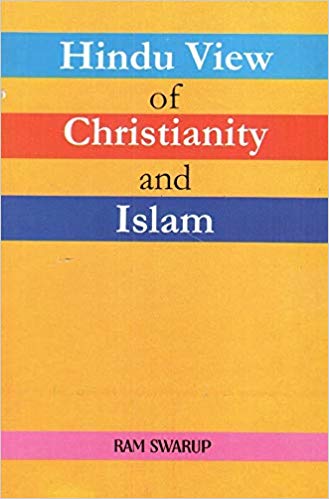



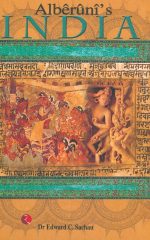
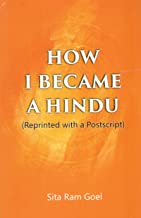


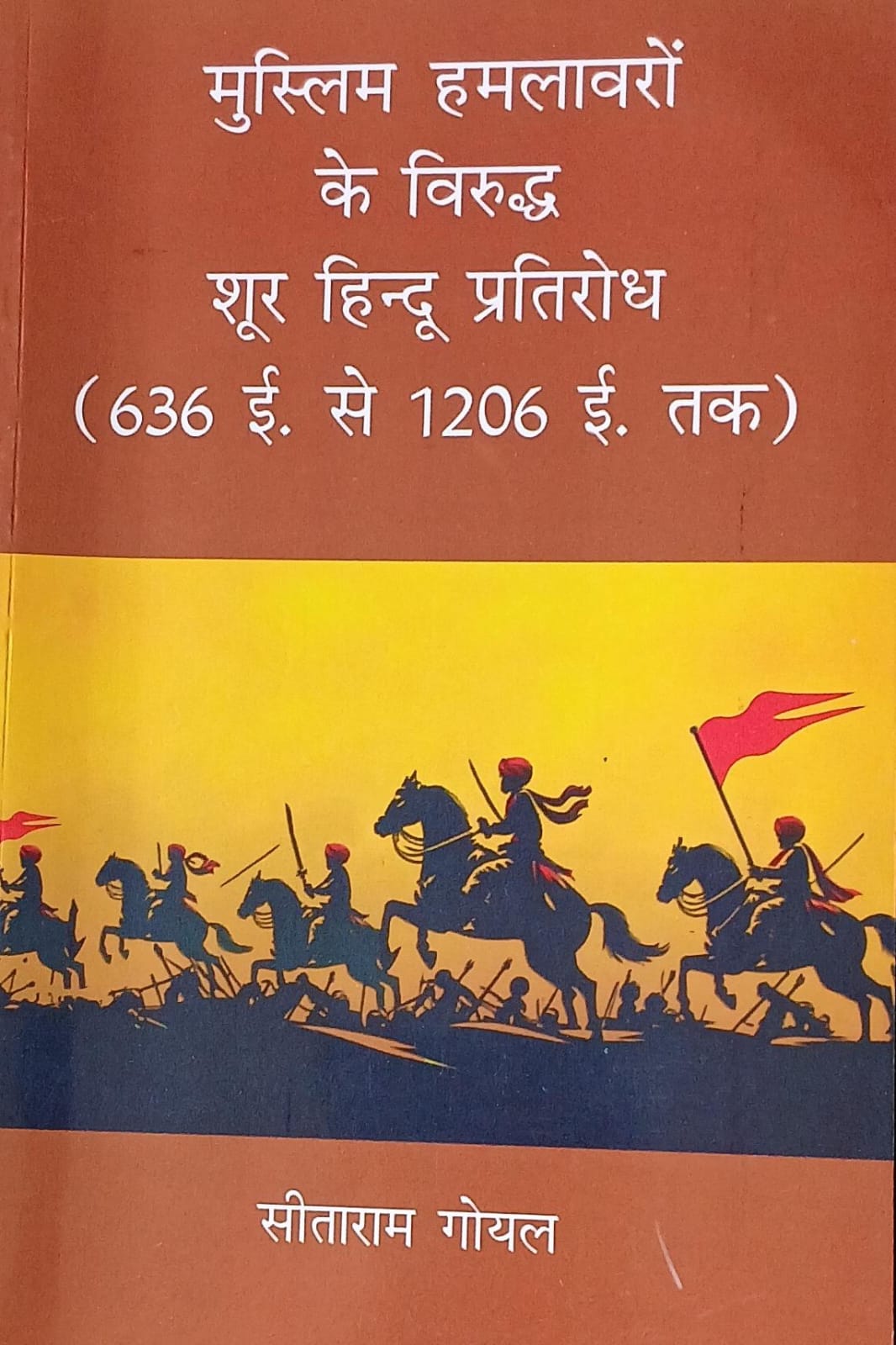
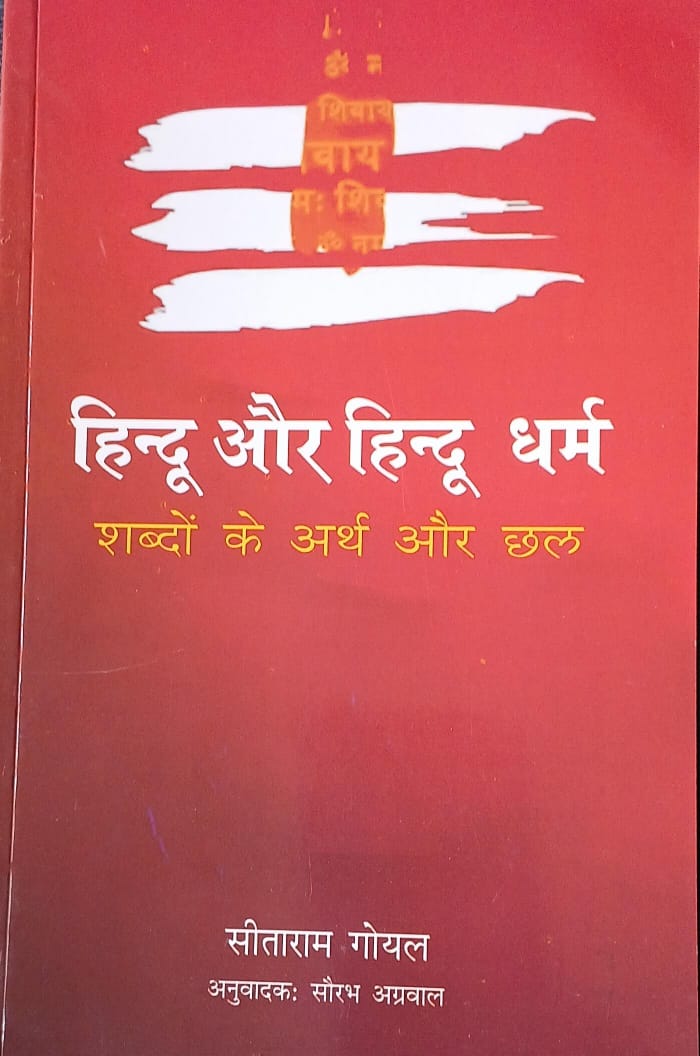
Reviews
There are no reviews yet.